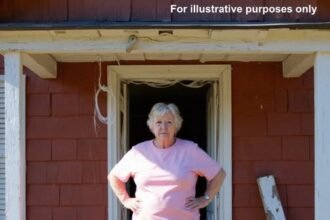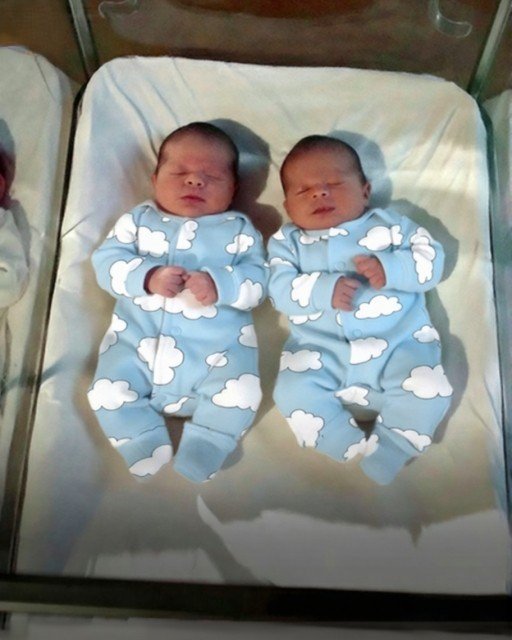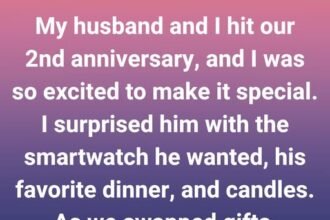I was seven the day my sister walked out of my life. I remember it like a photograph: gray sky, the smell of rain in the air, the squeak of the old gate as it closed behind her. Her name was Julia, and at fourteen, she’d already learned how to disappear.
She promised she’d come back for me. She never did. Our mother had left long before, our father even earlier, and by the time Julia turned fourteen, the foster system was just another cage she wanted to escape.
I was too young to understand the kind of loneliness that drives someone to run away. All I knew was that she was my sister, my only family, and when she left, the world tilted in a way that never quite righted itself. I grew up in group homes, learning early how to make myself small and invisible.
I watched other kids get adopted, then leave and never look back. I learned to stop hoping someone would come for me. By the time I turned eighteen, I had no one and nothing.
But somehow, I made a life. I went to community college, worked nights at a diner, and saved every cent I could. I studied nursing, maybe because somewhere deep down, I still wanted to care for someone.
To feel needed. By the time I turned thirty-two, I had my own apartment, a stable job at a hospital in Portland, and a quiet routine that kept me steady. I never expected Julia to return.
It was a Wednesday when the call came. I was finishing my shift, wrapping up paperwork, when my supervisor handed me the phone with a strange look on her face. “Ms.
Taylor? This is Saint Mary’s Hospital in Seattle,” the voice on the line said. “Are you related to a Julia Carter?”
The name hit me like a stone to the chest.
I hadn’t heard it in over twenty years. My throat went dry. “She’s… my sister,” I said cautiously.
There was a pause, then a sigh. “I’m sorry to inform you that Julia passed away this morning.”
I gripped the edge of the desk, trying to make sense of the words. “What?
How?”
“Complications from childbirth,” the voice said softly. “She delivered twin boys prematurely. She didn’t have any other listed relatives, and you were her emergency contact.”
I felt the air leave my lungs.
“I—what did you say? Twins?”
“Yes, ma’am. Two baby boys.
They’re stable and in the NICU.”
The rest of the conversation blurred together the condolences, the logistics, the gentle offer of resources. When I hung up, I just stood there, staring at the wall, my mind racing. Julia was gone.
She’d had children, two of them, and I had never even known she was pregnant, married, alive. By the time I got to Seattle the next morning, the reality of it had started to sink in. The hospital smelled like antiseptic and coffee, the way all hospitals do.
A nurse led me down the hallway, explaining that the twins were small but healthy. When I walked into the NICU, I froze. There they were, two tiny boys in identical incubators, wrapped in blue blankets, their chests rising and falling with the steady rhythm of life.
They were perfect. Fragile. Completely unaware of the storm swirling around them.
The story doesn’t end here — it continues on the next page.
Tap READ MORE to discover the rest 🔎👇





